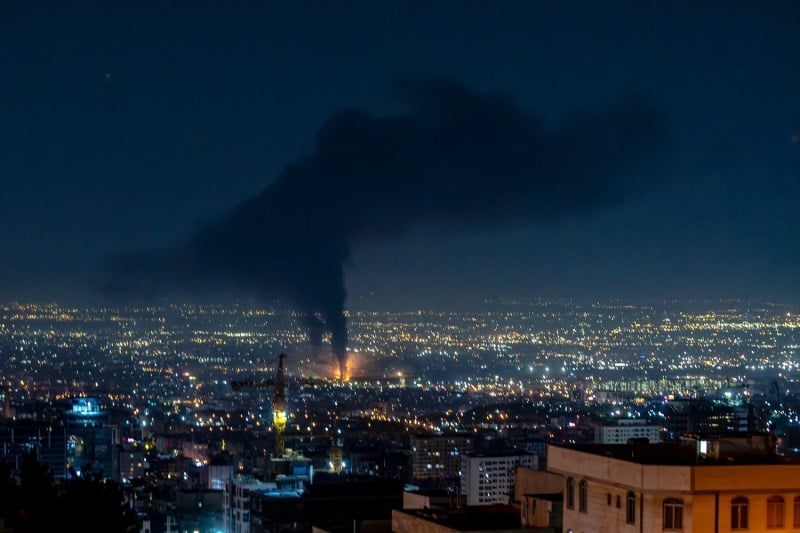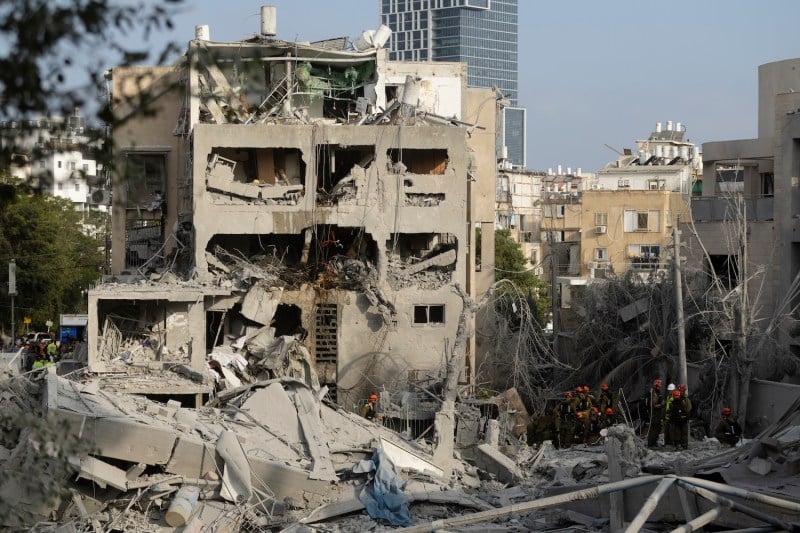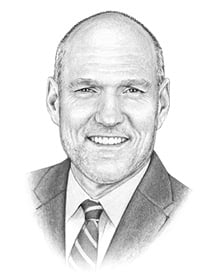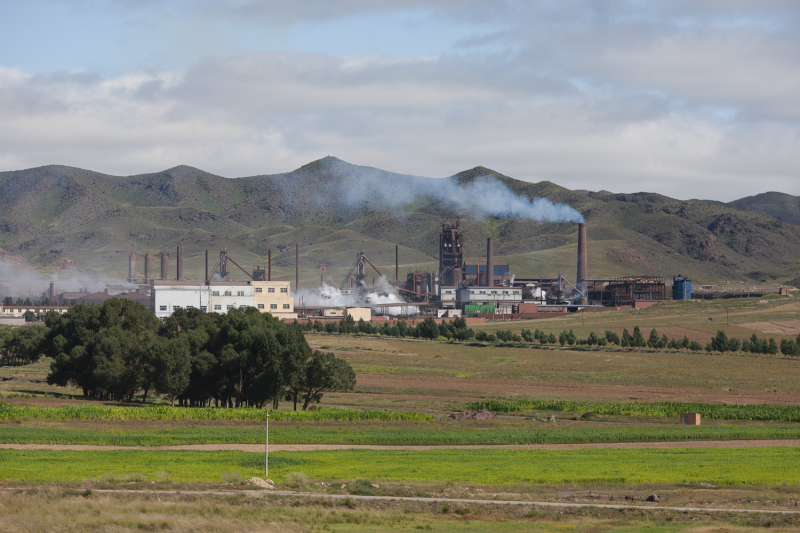Latin America Countries Face Deportation Dilemma

Latin America Countries Face Deportation Dilemma
Regional reactions are muted as countries pick their battles with Washington.
Guards escort a newly admitted inmate deported from the United States to the Terrorist Confinement Center in Tecoluca, El Salvador, on March 16. Salvadoran Government via Getty Images
Several Latin American leaders are cooperating with U.S. President Donald Trump’s plans for large-scale deportations from the United States—but none more enthusiastically than Salvadoran President Nayib Bukele.
Bukele offered last month to house deportees from the United States in a maximum security prison in El Salvador. Over the weekend, the Trump administration flew more than 200 Venezuelan migrants to the country, despite a judge’s order to block the expulsions.
Several Latin American leaders are cooperating with U.S. President Donald Trump’s plans for large-scale deportations from the United States—but none more enthusiastically than Salvadoran President Nayib Bukele.
Bukele offered last month to house deportees from the United States in a maximum security prison in El Salvador. Over the weekend, the Trump administration flew more than 200 Venezuelan migrants to the country, despite a judge’s order to block the expulsions.
Bukele posted videos of the migrants arriving in El Salvador and mocked the U.S. judge, posting on X: “Oopsie… Too late.” U.S. Secretary of State Marco Rubio reposted the message.
A White House spokesperson said the United States is paying El Salvador’s government around $6 million for taking the deportees. Bukele said they will stay in Salvadoran prison for at least a year, with an option to extend.
Bukele and the White House border czar both claimed without proof that 238 of the deportees were members of Venezuelan gang Tren de Aragua. That allegation is contested by several families of the detained, who did not have a chance to defend themselves in court.
Read more in today’s Latin America Brief: Are Trump’s Deportations to El Salvador Just the Beginning?
This post is part of FP’s ongoing coverage of the Trump administration. Follow along here.
Catherine Osborn is the writer of Foreign Policy’s weekly Latin America Brief. She is a print and radio journalist based in Rio de Janeiro. X: @cculbertosborn
More from Foreign Policy
-

Periodic table The Periodic Table of States
The org chart for a post-Westphalian world.
-

French Emperor Napoleon Bonaparte leads the final assault by the Imperial Guard before his defeat at the Battle of Waterloo in what is today Belgium, on June 18, 1815. The Cost of Ignoring Geopolitics
Like Napoleon and the Ming dynasty, Europe is paying the price for strategic blindness.
-

Donald Trump holds solar eclipse glasses. What I Got Wrong About Trump’s Second Term
I didn’t entirely see this coming. Here’s why.
-

A woman walks past an advertisement for the Russian army at a bus stop. Russia Is Only Winning Inside Trump’s Head
As Russians will tell you, the reality on the ground looks very, very different.










Join the Conversation
Commenting on this and other recent articles is just one benefit of a Foreign Policy subscription.
Already a subscriber?
.
Subscribe
Subscribe
View Comments
Join the Conversation
Join the conversation on this and other recent Foreign Policy articles when you subscribe now.
Subscribe
Subscribe
Not your account?
View Comments
Join the Conversation
Please follow our comment guidelines, stay on topic, and be civil, courteous, and respectful of others’ beliefs.
Change your username |
Log out
Change your username:
CANCEL
Confirm your username to get started.
The default username below has been generated using the first name and last initial on your FP subscriber account. Usernames may be updated at any time and must not contain inappropriate or offensive language.